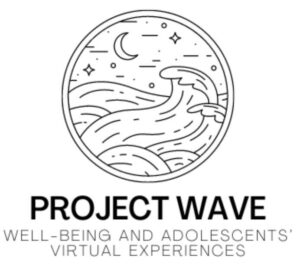Linking video chatting, phone calling, text messaging, and social media with peers to adolescent connectedness
Published in Journal of Research on Adolescence (in press) Authors: Garrett, S.L., Burnell, K., Armstrong-Carter, E.L., Prinstein, M.J., & Telzer, E.H.


